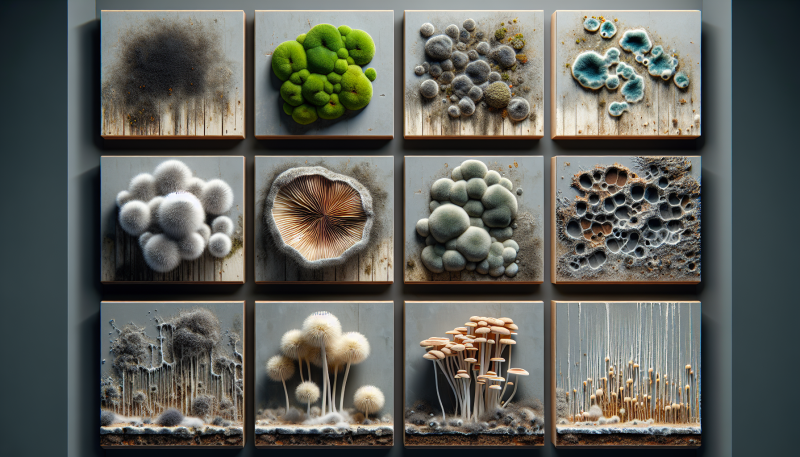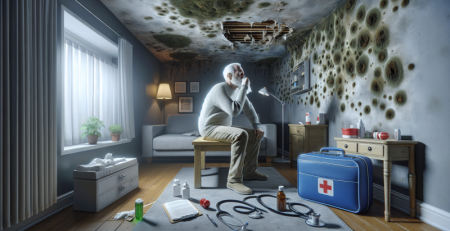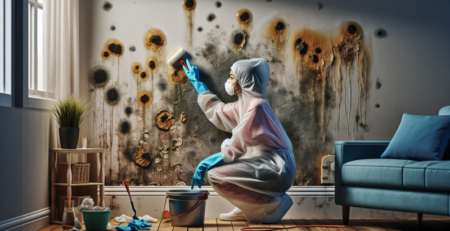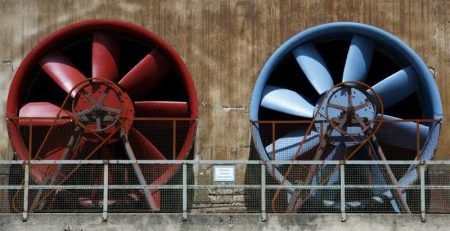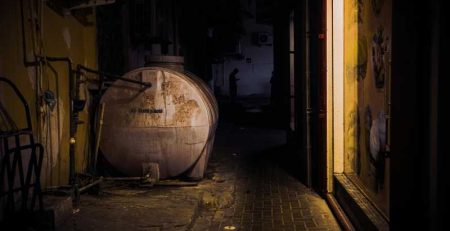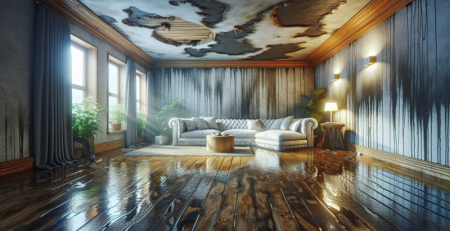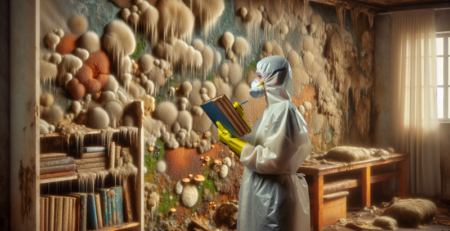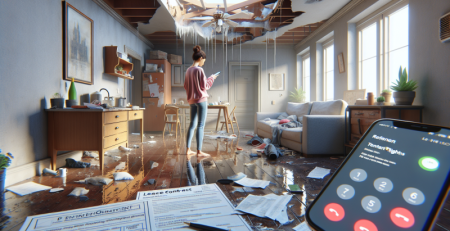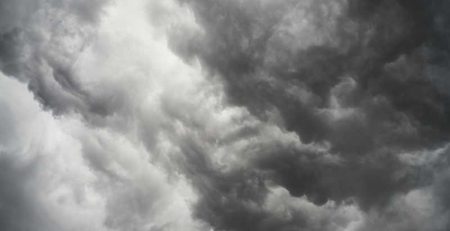Understanding the Different Types of Mold
Mold is one of those things that can send shivers down your spine, right? It’s not just unsightly; it can also pose serious health risks and damage your property. In this article, we’ll dive deep into the various types of mold, how they affect your home, and what you can do about them. Whether you’re dealing with water damage restoration in New Jersey or just want to learn more about mold cleanup, we’ve got you covered!
What is Mold and Why Does It Matter?
So, what exactly is mold? Mold is a type of fungus that thrives in damp, warm environments. It reproduces by releasing tiny spores into the air, which can settle on surfaces and grow into new mold colonies. This can lead to a host of problems, including health issues and structural damage to your home. If you’ve ever experienced fire damage repair in New Jersey, you know how crucial it is to address mold quickly.
But why should you care about mold? Well, aside from the fact that it can make your home look like a scene from a horror movie, mold can also trigger allergies, asthma, and other respiratory issues. Plus, if left unchecked, it can compromise the integrity of your property. That’s why understanding the different types of mold is essential for effective property damage restoration in New Jersey.
Common Types of Mold Found in Homes
There are several types of mold that you might encounter in your home. Let’s take a closer look at some of the most common ones:
- Aspergillus: This is one of the most prevalent molds found indoors. It can appear in various colors and is often found in damp areas like bathrooms and kitchens. Aspergillus can cause respiratory issues, especially in those with weakened immune systems.
- Cladosporium: Often found on fabrics and wood, Cladosporium can thrive in both warm and cool environments. It’s known to cause allergic reactions and can be particularly troublesome for asthma sufferers.
- Stachybotrys (Black Mold): This infamous mold is often associated with serious health risks. It thrives in areas with significant water damage and can produce mycotoxins that are harmful when inhaled. If you suspect black mold in your home, it’s crucial to seek mold cleanup in New Jersey immediately.
Understanding these molds can help you identify potential problems early on. If you notice any signs of mold growth, don’t hesitate to contact Kraus Restoration, NJ’s leaders in water, mold, and fire damage restoration. We offer 24/7 emergency services and have IICRC certified experts ready to assist you. Call us at (973) 886-2021!
How Mold Affects Your Health
Now that we know about different types of mold, let’s talk about how they can impact your health. Mold exposure can lead to a variety of symptoms, including:
- Respiratory issues like coughing and wheezing
- Allergic reactions, including sneezing and skin rashes
- Headaches and fatigue
For individuals with pre-existing conditions, such as asthma or allergies, the effects can be even more severe. It’s essential to recognize the signs of mold exposure and take action quickly. If you suspect mold in your home, consider reaching out to water damage restoration services in New Jersey to assess the situation.
Preventing Mold Growth in Your Home
Prevention is always better than cure, right? Here are some practical tips to help you keep mold at bay:
- Control Humidity: Keep indoor humidity levels below 60%. Use dehumidifiers in damp areas like basements.
- Ventilation: Ensure proper ventilation in your home, especially in kitchens and bathrooms. Use exhaust fans to reduce moisture.
- Fix Leaks: Address any plumbing leaks or water damage promptly. This is crucial for effective rapid response restoration.
By following these tips, you can significantly reduce the risk of mold growth in your home. If you do encounter mold, remember that Kraus Restoration offers professional restoration services to help you tackle the problem effectively. Our team is ready to assist you with mold cleanup in New Jersey and more!
When to Call the Professionals
Sometimes, mold problems can be overwhelming, and that’s when it’s time to call in the experts. If you notice extensive mold growth, or if you have health concerns related to mold exposure, don’t hesitate to reach out for help. Kraus Restoration provides 24/7 emergency services and has the expertise to handle any mold situation.
Our IICRC certified experts are trained to assess the damage and implement effective cleanup strategies. Whether you’re in Central or Northern New Jersey, we’re here to help you restore your property to its former glory. Don’t wait until it’s too late—contact us today!
Conclusion
Understanding the different types of mold and their potential impacts is crucial for maintaining a healthy home. From identifying common molds to knowing when to call for professional help, being informed can save you time, money, and health issues down the line. If you ever find yourself facing a mold problem, remember that Kraus Restoration is just a call away. We’re committed to providing top-notch restoration services in New Jersey, ensuring your home remains safe and mold-free.
FAQs
What are the signs of mold in my home?
Common signs include a musty odor, visible mold growth, and health symptoms like sneezing or coughing. If you notice any of these, it’s time to investigate further.
Can I clean mold myself?
While small areas of mold can sometimes be cleaned with soap and water, extensive mold growth should be handled by professionals to ensure complete removal and safety.
How can I prevent mold after water damage?
Ensure that all water damage is promptly addressed, keep humidity levels low, and maintain proper ventilation in your home.
What should I do if I find black mold?
Contact a professional mold cleanup service immediately. Black mold can be hazardous, and it’s best to leave its removal to experts.
How quickly can I expect a response from restoration services?
Most professional restoration services, including Kraus Restoration, offer rapid response times, often within hours of your call, especially for emergency situations.
